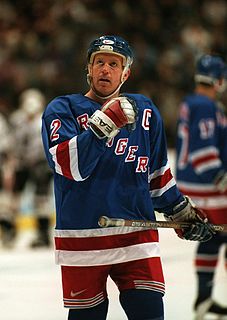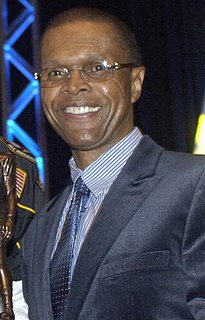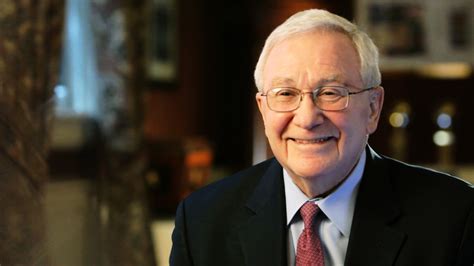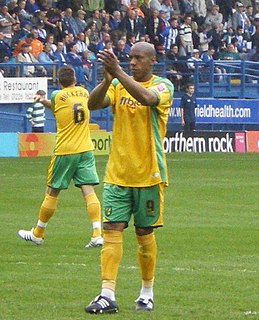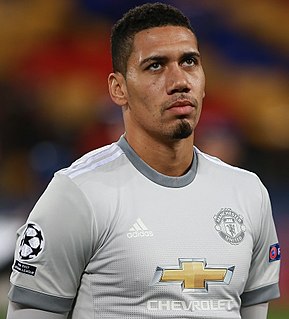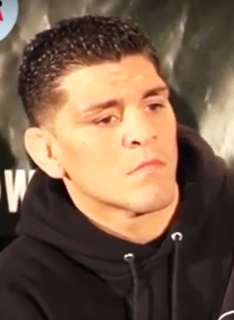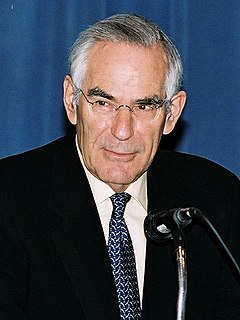A Quote by Sarah Harding
Related Quotes
The nerves of the skin send pain signals to the brain to warn us of the danger from and impending injury. In the case of self-inflicted wounding, this pain acts as the body's own defense mechanism to stop one from proceeding in the effort at physical injury. If a person proceeds despite the pain, that means that he or she is motivated by something stronger than the pain, something that makes him or her capable of ignoring or enduring it.
In a single moment we can understand we are not just facing a knee pain, or our discouragement and our wishing the sitting would end, but that right in the moment of seeing that knee pain, we're able to explore the teachings of the Buddha. What does it mean to have a painful experience? What does it mean to hate it, and to fear it?
Stress does not cause pain, but it can exacerbate it and make it worse. Much of chronic pain is 'remembered' pain. It's the constant firing of brain cells leading to a memory of pain that lasts, even though the bodily symptoms causing the pain are no longer there. The pain is residing because of the neurological connections in the brain itself.
In those days, I did what was necessary for me to win. This included training with heavy weights: a precursor for injury. So if I could do it over again I’d train with lighter weights, higher reps, no sets below 10 reps, with negatives slower than positives, and avoid injury. If I had done that, my physique wouldn’t have been quite as bulky, but with more definition and with less pain.
Someone came up to me and told me that [his opponent's] knee was hurt, and he said to me, attack his knee, I'm like, 'Yeah right, I'm not going out to attack this guy's knee.' It just doesn't … it's not realistic to go after his injury, unless they got a cut the same week, then it's like, yeah, hit him in the eye, because the [expletive] is going to re-open and now you wouldn't fight on the cut. Maybe on a cut you want to take advantage of it, that makes sense.
Rowing, particularly sculling, inflicts on the individual in every race a level of pain associated with few other sports. There was certainly pain in football during a head-on collision, pain in other sports on the occasion of a serious injury. That was more the threat of pain; in rowing there was the absolute guarantee of it every time.

